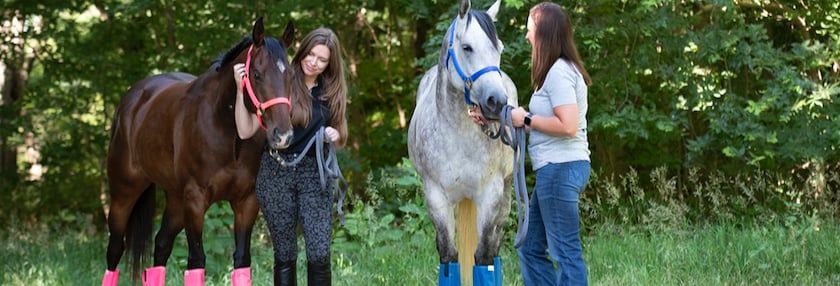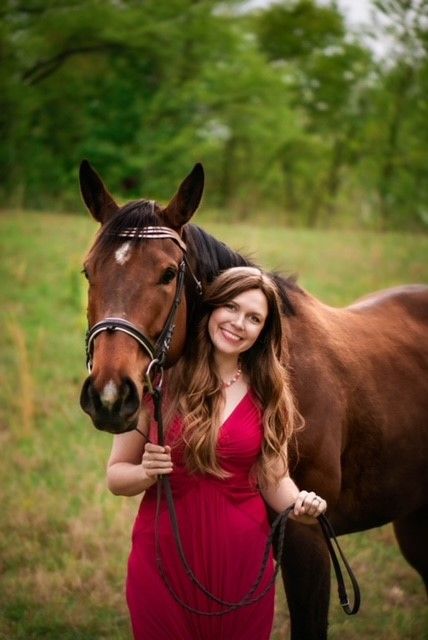3 Steps to Fewer Flies And More Peace


Make your barn your happy place
In the barn with your horses should be your happy place but when flies are a continual nuisance, they’re just the worst, right?
Fortunately, Tony Hawkins, DVM, Valley Vet Supply Technical Service Veterinarian, has three steps to rid flies and their wicked, winged ways.
Step 1: Understand the risks
Flies are more than just a nuisance. “Flies contribute to significant equine diseases and conditions, including pigeon fever, strangles, influenza, Salmonella, eye worms and summer sores, which are chronic, fleshy and non-healing wounds that can require months off from riding and training as the horse heals. Horses are also more sensitive to a fly’s painful bite,” warns Dr. Hawkins.
Step 2: Strategize to rid the pests
“Attacking flies from multiple directions will give us our best protection. That's going to be our best bet,” says Dr. Hawkins.
He recommends a three-pronged approach: following best practice barn management, leveraging proven fly control products, and outfitting horses with fly masks, sheets, and boots for the ultimate protection.
Follow best-practice barn management
Horse owners can eliminate fly havens by removing manure and excess feed, as well as any damp hay; store manure sites as far from the barn as possible; it is ideal to remove sites off-property, completely. Ridding trash and keeping the garbage containers tightly closed and cleaned helps. Flies also rest in shady, heavily vegetated areas, keeping grass mowed is crucial.
Enlist trusted fly control products
Using fly systems, baits, and traps can help control the fly population. Horses also can find relief from flies with feed-through feed supplements, as well as regular fly spray use.
Fly sprays can be long-lasting, says Dr. Hawkins. “Many factors determine how long a horse fly spray lasts: One, being the specific formulation from the company; another being the carrier used. Typically, oil-based products last longer than water-based, providing a longer-term control solution. This is because they are not lost to evaporation, nor wash off as easily with a heavy rain or dew, when compared with a water-based fly spray (however, there are longer-lasting, water-based sprays available, too),” Dr. Hawkins says.
He continues: “The most common ingredients are going to be permethrins. Other ingredients are also commonly combined with permethrins to help those fly sprays work better. Typically, as a rule, the higher the percentage of ingredient, the more effective it's going to be.”
Regarding attractants, Dr. Hawkins shared that fly attractants and baits do attract flies, but be sure to put then where you and horses aren’t. “I see a lot of people put fly traps inside of their barns, which is counterproductive in the long-term. Just as the name suggests, having them in the barn will draw flies indoors. Be sure to place them around the exterior perimeter of paddocks and pens,” Dr. Hawkins says.
Outfit horses in fly protection gear
A wide variety of fly protection gear is available to keep horses safe from a fly’s harmful, and painful, bite. From fly boots to sheets and masks, each have an important role in shielding horses from fly bites and the diseases they can carry with them.
Step 3: With efforts in place, relax
Fly control requires a multi-faceted approach, but once your fly control program is in place and firing on all cylinders, it’s worth it. “We're not going to adequately control flies with only one modality. Sometimes, it can be difficult to tell if your control efforts are having a positive impact. But, I can assure you that they are,” encourages Dr. Hawkins.
Tags:Horse Sense

Acreage Life is part of the Catalyst Communications Network publication family.
















